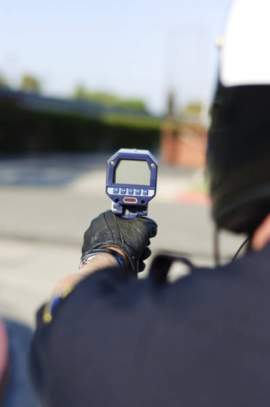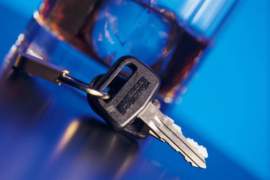
Understanding the Zero-Tolerance Laws Creation and Process

The creation of zero tolerance laws came in direct response to the issue of drinking and driving by underage drivers. Over time, statistics have shown an increase in alcohol related accidents and deaths, with a great number of them occurring with minors. In the case of accidents among drivers under the age of 21, a large portion of deaths related to the illegal alcohol consumption. These zero tolerance laws were established to target underage drinking and driving.
The purpose of these laws is to deter people under the age of 21 from consuming alcoholic beverages and driving a vehicle. One law is broken already when they've consumed the alcohol, but to get behind the wheel of a vehicle breaks another one, and poses many threats. When any driver consumes alcohol, their driving skills can become impaired making them more susceptible to an accident.
Imagine how much worse that can be for a young person who is still learning and developing driving skills, and possibly how more prone it can make them for the same. The key to zero tolerance laws was not only to stop underage drivers from drinking as far as law breaking, but for the safety of themselves and everyone around them. The adoption of zero tolerance laws has not been made by every state, but they still penalize minors who drink and drive more severely. The most commonly imposed BAC level by states for zero tolerance laws is 0.02, although they also use 0.00 and 0.01.
The penalties each state imposes for zero tolerance law violators vary. Administrative penalties usually refer to the refusal to taking a BAC test such as a breathalyzer, alcohol urine test, or blood alcohol test, or the results of them and can result in license suspension immediately. Criminal penalties will pertain to once the conviction is made and can vary from penalties such as: community service, large fines, alcohol-awareness programs, license suspension/revocation, etc…
Also, if the person is additionally under 18 years of age making them a minor, they will experience even stiffer penalties including most likely jail time in addition to license suspension and community service. Due to the seriousness that the states take towards DUI and underage drinking as separate issues, when they are combined, they look down upon the charges greatly. A person found to be in direct offense of the zero tolerance law should not expect to receive any sort of leniency from a judge or prosecutor. It is a matter that is taken with high regard, and extremely seriously.
Since establishing zero tolerance laws, many states have seen a slow but steady change at lowering the number of underage drunk drivers on the roadways. They have also deterred people under the age of 21 from drinking alcohol regardless, since they know they may need to drive somewhere, and don't want to risk the consequences. The logic is, the stricter the penalty is for breaking a law, the less people you will have breaking that law.
NEXT: Zero Tolerance Explained





















